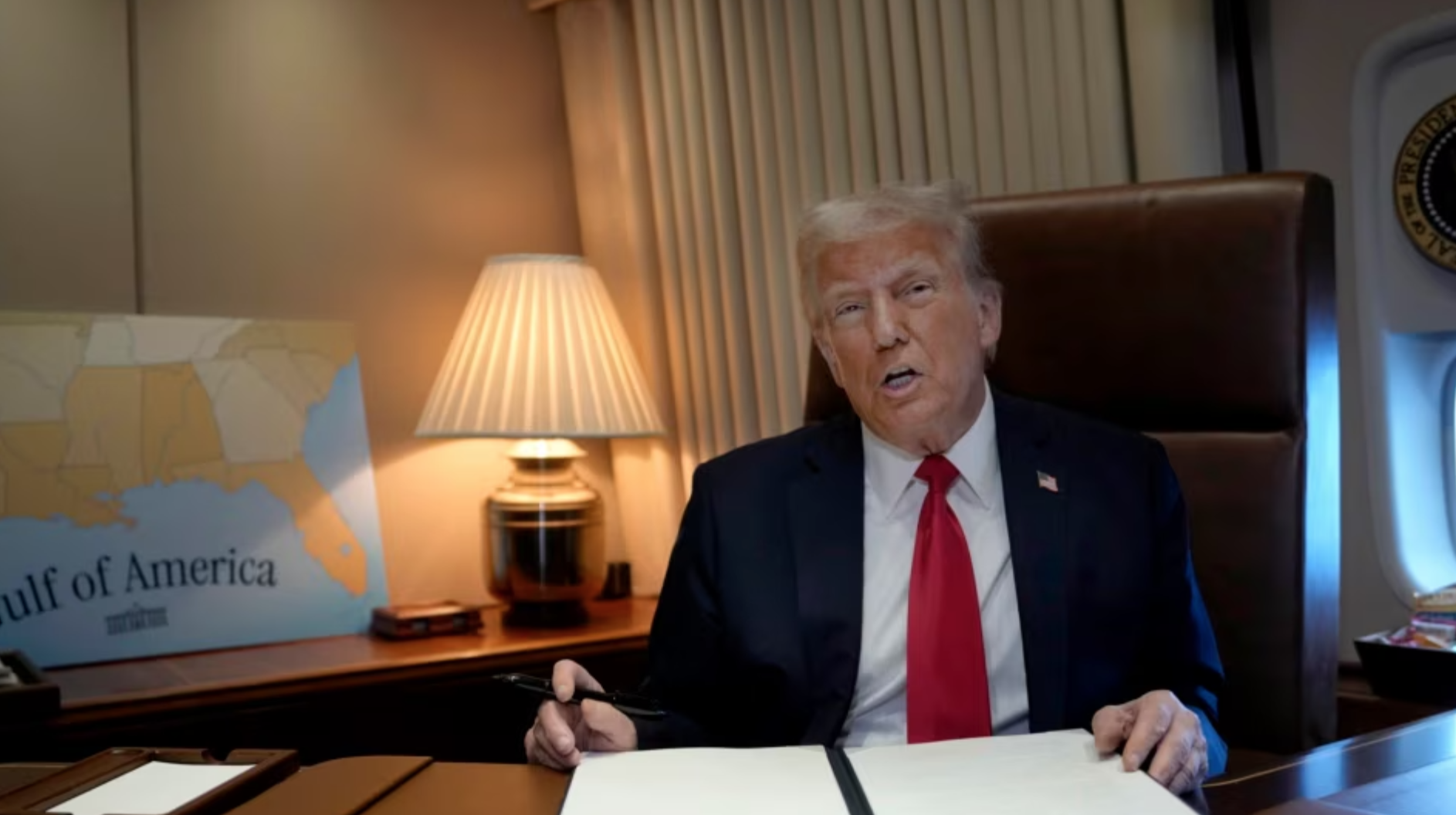Chairman and main candidate of the right-wing populist Freedom Party of Austria (FPÖ) Herbert Kieckl Photo: AFP
If the leader of the far-right Austrian Freedom Party (FPÖ), Herbert Kickl, is elected chancellor, Vienna may join a bloc of EU countries that adhere to anti-immigration and Eurosceptic policies. According to The Guardian, this could significantly affect the political balance in the European Union.
The FPÖ, which won 29% of the vote in the September elections, is in talks to form a coalition government with the Austrian People’s Party (ÖVP). If an agreement is reached, Austria could have a far-right government for the first time since World War II.
The far-right wave in Europe
Far-right parties are already part of governments in Italy, Hungary and Slovakia, and have strong positions in Finland, Sweden and the Netherlands. If Kieckl is elected chancellor, Austria could become another country where far-right politics shapes key decisions.
The FPÖ advocates radical EU reforms, cutting bureaucracy, restricting immigration and ending the asylum system in Austria. Although the party does not call for leaving the EU, its programme, under the slogan “Stop the EU madness”, could create new challenges to European unity.
Brussels’ reaction and possible consequences
Brussels is in no hurry to react to the possible shift in Austria. One European diplomat said: “This is a new reality, and we have to deal with it.”
EU politicians fear that the unification of leaders such as Herbert Kikl, Viktor Orban (Hungary) and Robert Fico (Slovakia) could undermine key initiatives such as support for Ukraine, a new migration pact and the European Green Deal.
Austria in the spotlight
Despite warnings about political risks, the FPÖ enjoys significant public support. The situation is complicated by the fact that in the event of new elections, the far-right could strengthen its position by gaining up to 39% of the vote.
Against the backdrop of these events, Austrian Prime Minister Alexander Schallenberg said that the country would remain a “reliable partner in the EU”. However, the FPÖ’s programme shows quite different intentions.

















